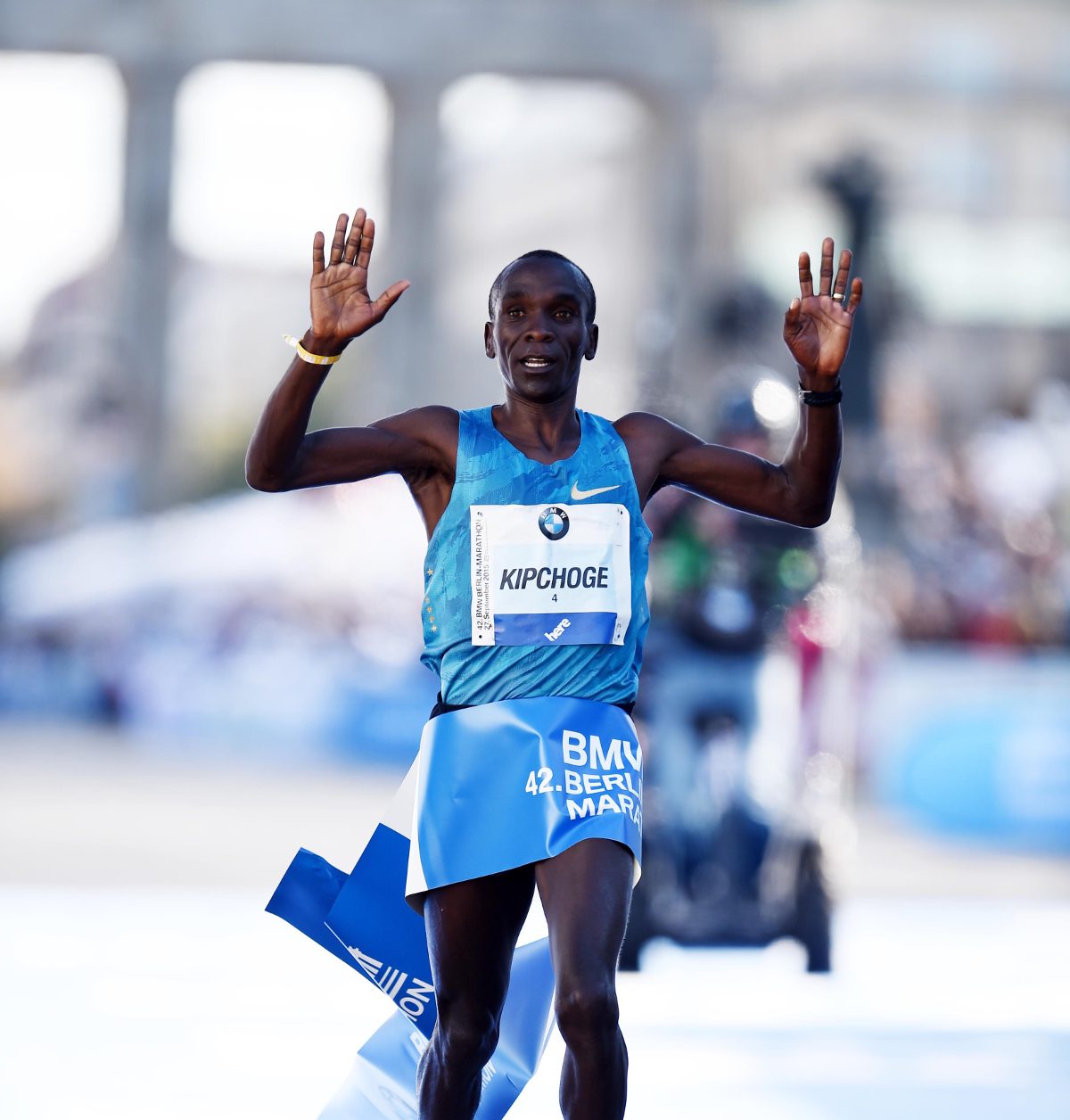What Kipchoge’s philosophy taught me about running… and life
Just how important is the psychological aspect of running? One writer reflects on Eliud Kichoge's outlook as it applies to life and running


It has been feeling like the Eliud Kipchoge show over the past week, and it’s a show I’m more than happy to watch go on.
Kipchoge was front-and-centre when National Geographic released its documentary on Nike’s Breaking Two project, in which he – along with Zersenay Tadese and Lelisa Desisa – took part in an experimental attempt to run a sub-two hour marathon. The documentary was released last week amidst the hype around Sunday’s Berlin Marathon, where Kipchoge once again found himself as the centre of attention as he and two of his most formidable opponents were expected to beat the world record which stands at 2:02:57.
RELATED: The Shakeout Podcast: The “Breaking 2:02.57” Episode
It was soggy, humid day in Berlin, which didn’t lend itself to a world-record setting day. Still, Kipchoge came away with the win, crossing the line at 2:03:32. And once again, I found myself as captivated by the runner, as I had been while watching National Geographic’s documentary earlier in the week. There is an X factor to the way Kipchoge trains and races that seems to set him above the rest.
With National Geographic providing an inside look into Kipchoge’s three-year long preparation for the sub-two hour attempt with the Nike project, I was thrilled to get a peek into Kipchoge’s philosophy on training and life as a whole. It seems to me that Kipchoge’s edge over the rest, reaches far beyond the confines of his extraordinary physiological capabilities and into the vast depths of his psyche.
“It’s not about the legs, it’s about the heart and mind,” says Kipchoge at one point in the documentary. This resonated with me. It’s not uncommon to hear people talk about how distance running is very much a mental game, but the way Kipchoge talked about it – with such conviction and calm – struck me in way that allowed me to truly believe it.
The strength of psyche even stood out to the scientists leading Nike’s Breaking Two project.
“Eliud has the strongest mind,” says Brett Kirby, the project’s leading physiologist. “I’ve never seen anything like it . . . I don’t even know how to describe how he showed me how important the mind is.”
He goes onto to explain, “I have all the physiology numbers. I have the numbers around wind resistance, air resistance, shoe quantification, all that kind of stuff. But I have big blank open box for how do I quantify the mind, how do I quantify a person’s ability to push beyond what we thought was possible based on physiology alone.”
This drove home the significance of the mental side of sport. Here was world-leading scientist basically putting his hands up in the air and saying it’s a mystery. While the exact way the mental side of sport plays into performance may be a mystery, it’s clear to me after studying Kipchoge, that the role the psyche plays is significant enough to separate the good from the great.
Kipchoge’s philosophy in life is to live simple, work hard and be honest. In the documentary’s final scene, Kipchoge makes a powerful statement that I’m now carrying with me. “If you don’t rule your mind it can rule you. I tell my mind that I am really able to do this thing and I will do it.”


